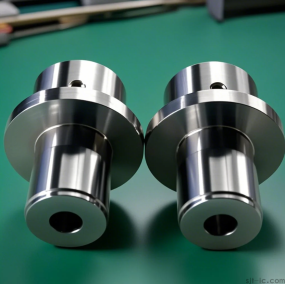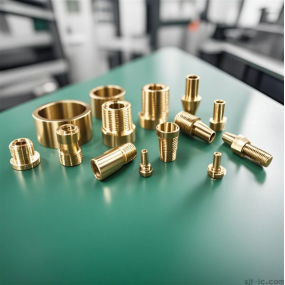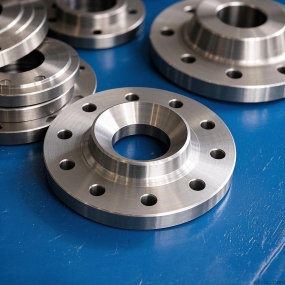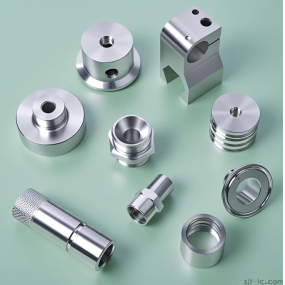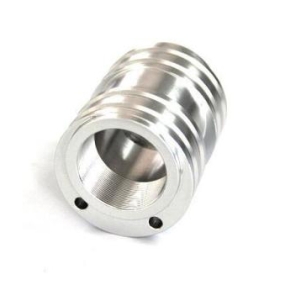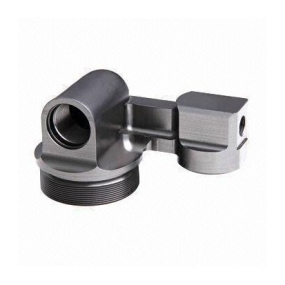As a professional CNC Machining service provider, EMAR Technology is often asked by engineers and procurement managers: How precise can CNC machining be when working with aluminum? This article will provide a technical breakdown of achievable tolerances, influencing factors, and best practices for optimal results.
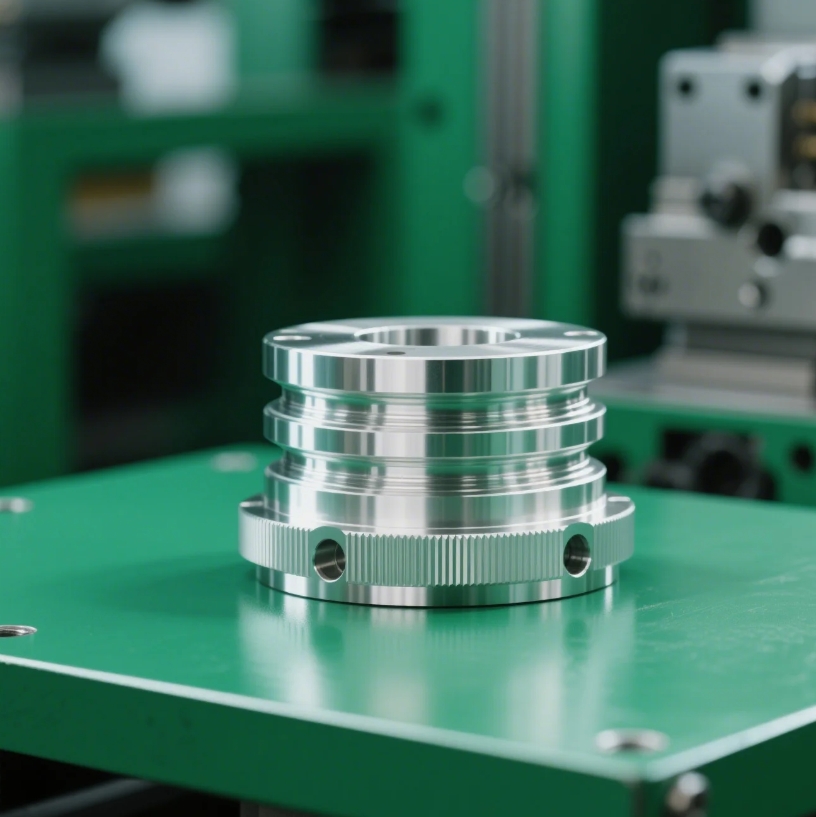
Standard Precision Levels in Aluminum CNC Machining
For most aluminum alloys (6061, 7075, etc.), standard CNC machining can typically achieve:
- ±.005" (±.127mm) for general machining
- ±.001" (±.025mm) for high-precision applications
- Surface finishes down to Ra .8μm with proper tooling
These tolerances meet the requirements of 90% industrial applications including aerospace brackets and electronic enclosures.
Key Factors Affecting Machining Accuracy
Several variables influence the final precision:
- Machine Capability: Our 5-axis CNC centers maintain positioning accuracy of ±.0002"
- Material Properties: Aluminum's thermal expansion requires climate-controlled workshops
- Tooling Selection: Carbide end mills with diamond coatings ensure consistent performance
- Post-processing: Secondary operations like anodizing may affect dimensional stability
EMAR's Precision Assurance System
We guarantee ultra-precise aluminum machining through:
- ISO 9001-certified quality control processes
- In-process inspection with CMM equipment (accuracy to .0001")
- Temperature-stabilized production environment (±1°C)
- DFM analysis to optimize designs for manufacturability
Our technical team can advise on balancing precision requirements with cost efficiency for your specific application.


 Spanish
Spanish Arabic
Arabic French
French Portuguese
Portuguese Belarusian
Belarusian Japanese
Japanese Russian
Russian Malay
Malay Icelandic
Icelandic Bulgarian
Bulgarian Azerbaijani
Azerbaijani Estonian
Estonian Irish
Irish Polish
Polish Persian
Persian Boolean
Boolean Danish
Danish German
German Filipino
Filipino Finnish
Finnish Korean
Korean Dutch
Dutch Galician
Galician Catalan
Catalan Czech
Czech Croatian
Croatian Latin
Latin Latvian
Latvian Romanian
Romanian Maltese
Maltese Macedonian
Macedonian Norwegian
Norwegian Swedish
Swedish Serbian
Serbian Slovak
Slovak Slovenian
Slovenian Swahili
Swahili Thai
Thai Turkish
Turkish Welsh
Welsh Urdu
Urdu Ukrainian
Ukrainian Greek
Greek Hungarian
Hungarian Italian
Italian Yiddish
Yiddish Indonesian
Indonesian Vietnamese
Vietnamese Haitian Creole
Haitian Creole Spanish Basque
Spanish Basque

